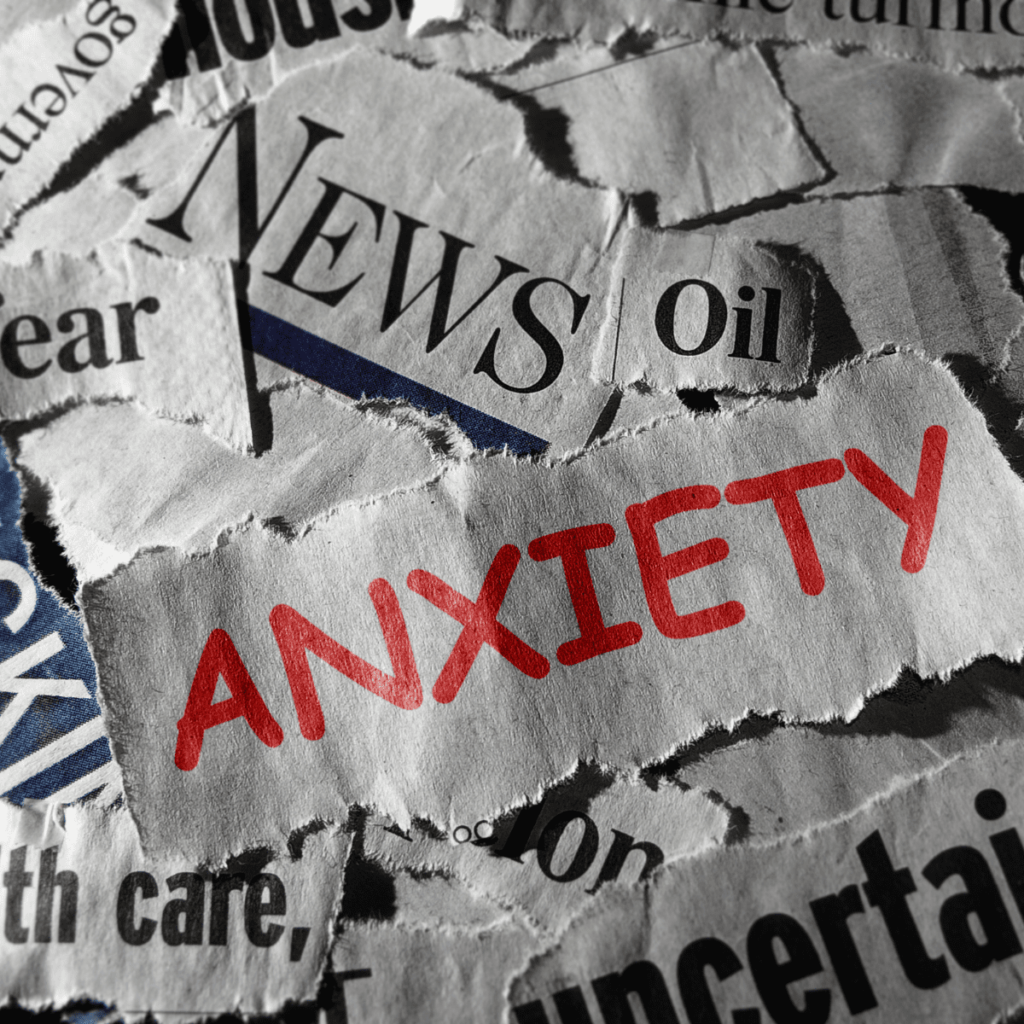Teen Anxiety Levels At Alarming Levels
I had three mothers contact me about their teen’s anxiety – just in this one week! Between the pandemic, school shootings, and social and political unrest, anxiety in teens, and young adults are at crisis levels.
One mom shared “I noticed my daughter was anxious and I wanted to look for someone I trust. After working with you, I noticed an immediate difference – she was lit up. Thank you!
“There’s a six-month waiting list” is what one of the mothers told me her pediatrician’s office told her when she called for help. Here in my home state of Connecticut, “Amid mental health crisis, hundreds of Connecticut children stuck on waitlist for key programs” was the headline of an article in our local newspaper.
Parents and educators are searching for anxiety-coping skills and anxiety books for teens. I have collected 35 of them in my book “Goodbye Anxiety, Hello Freedom.“
The number of 18-to-26-year-olds suffering from anxiety has doubled since 2008, according to UC BERKELY – and that was BEFORE the pandemic!
So what can we do to help teens struggling with anxiety? First, as a parent, know that they probably aren’t going to listen to you. I can say the same thing you have told them hundreds of times, but when I say it, suddenly they hear it.
I have often said, anxious kids have anxious moms (and sometimes dads.)” I can see it in my own children, who are now “grown and flown.”
How to help teens with anxiety
The best advice I can give to you, dear parent, is the same we hear on every airplane flight: “If the oxygen masks come down, place one on yourself first, THEN help others.” Learning how to calm your anxiety is the best way to model more calm. One 15-year-old I worked with decided to work with me specifically because she noticed the changes in her mom after we worked together. Remember, actions speak louder than words!
Here are 3 simple science- backed tools to help calm anxiety
JUST YAWN!
When you yawn, whether intentional or not, you stimulate the vagus nerve. It’s the longest nerve in your body, stretching from your brain to your gut, and circling all of your organs. When the vagus nerve is stimulated, it triggers the parasympathetic (or rest and digest) nervous system.
This, in turn, slows the heart rate, relaxes muscles, and stimulates digestion helping to shut down the sympathetic (or “fight or flight”) nervous system.
Practice yawning at various points during the day and notice how you feel calmer.
I’M BREATHING IN, I’M BREATHING OUT
Close your eyes and breathe slowly and deeply, think “I’m breathing in” and as you slowly breathe out, think “I’m breathing out.” That’s it! “I’m breathing in, I’m breathing out.” Be forewarned, your mind will wander – and that’s okay. Without judging yourself or beating yourself up for doing it “wrong” (you’re not), simply bring your awareness back to your breath and think “I’m breathing in, I’m breathing out.” I recently saw a friend post on Facebook “Currently stuck on the runway at Nashville airport, trying not to hyperventilate.” I suggested she do this breath exercise. Hours later she replied. “This really helped. Thank you, Stephanie! Just landed at JFK.”
HEART BREATHING
Since 1991, the Heart Math Institute has been researching the heart-mind connection. They have found that the heart creates an even more powerful electromagnetic field than the brain. When you practice “heart breathing,” your heart sends the messages to the brain and helps release the hormone atrial peptide, which suppresses stress hormones.
Simply bring your hands to your heart, close your eyes, bring your awareness to your heart, and imagine you can breathe in and out of your heart. You will naturally begin to slow your breathing down. As you do this heart breathing, you may want to think about someone or something you love. It could be a person, pet, or an activity that brings you joy.
You can also imagine breathing color in and out. Different colors hold different energies. Pink is the color of unconditional love, blue is calming and relaxing, and green helps reduce fear and is also calming.
Like all of the exercises I share, this one is so simple to do and with regular practice makes quite an impact. Who knew that imagining breathing in and out of your heart could help calm anxiety? 🙂
If you are searching for help for teen anxiety, it would be my pleasure to speak with you about how I can help your child.





